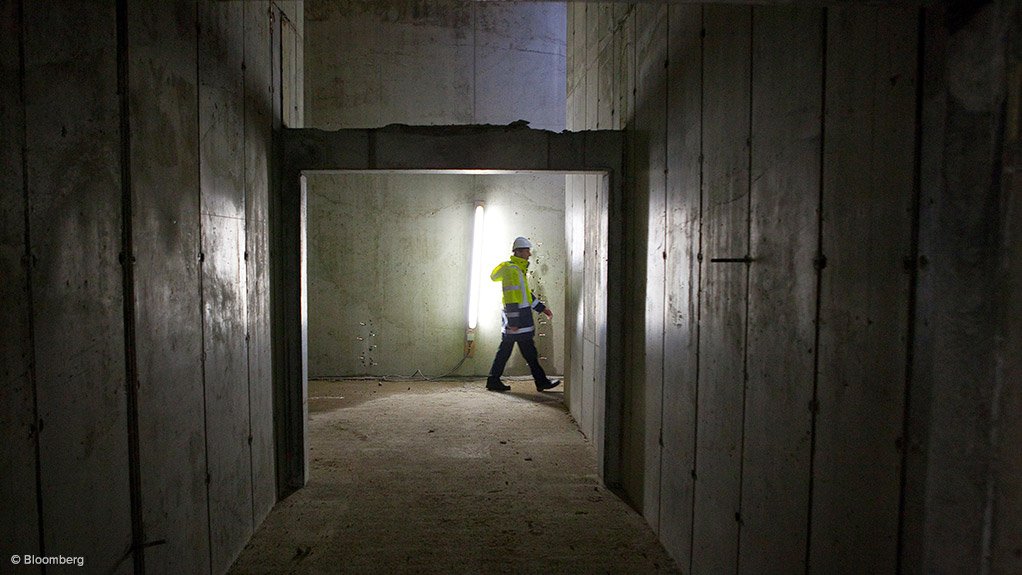The Portfolio Committee on Labour was satisfied with the number of people who participated in the Gauteng leg of its national public hearings into the viability of setting a national minimum wage.
The public hearings, which started in the Western Cape in November, were aimed at obtaining public input as the committee formulated policy to implement a national minimum wage across all sectors in a bid to uplift the nation’s citizens out of poverty and tackle inequality.
Committee chairperson Lumka Yengeni said the majority of the attendees at Tuesday’s hearings in Gauteng, representing the manufacturing, retail, service, transport and finance industries, besides others, were proposing a minimum wage of between R7 000 and R15 000.
The implementation of a national wage, a move supported by unions and workers alike, was expected to address South Africa’s inequality and poverty challenges, which were considered to be among the highest in the world.
In a presentation to the committee, the National Union of Metalworkers of South Africa (Numsa) pointed out that more than 20% of South Africa’s population was living below the food poverty line – at around R300 a month – while 50% of working South Africans received a monthly salary of less than R3 000.
“That means seven-million working South Africans received a salary that is insufficient to provide basic necessities,” the union noted, adding that the current national average salary of all employees was R15 000 a month – further highlighting South Africa’s high wage inequality.
“That is the apartheid wage structure – the huge number of South African workers who earn very little and the small number who earn a huge amount,” the union reiterated.
The Congress of South African Trade Unions (Cosatu) pointed out that “well over half” of South African workers earned wages below the estimated minimum living level, around R4 500, and 50% of black workers earned below R2 600 in 2013.
Numsa said that 54% of workers either received no regular wage increments or they had their wages determined solely by their employers. Only 23% of the workerforce's wages were negotiated through unions.
There was currently no national, streamlined approach to minimum wages, which led to further fragmentation as bargaining councils only negotiated for about 2.4-million workers and sectoral determinations only reached about 3.5-million out of 10.2-million formal sector workers.
Public hearings were being held in Bloemfontein on Wednesday and would move to Port Elizabeth on Thursday and KwaZulu-Natal on Friday.
EMAIL THIS ARTICLE SAVE THIS ARTICLE
To subscribe email subscriptions@creamermedia.co.za or click here
To advertise email advertising@creamermedia.co.za or click here











